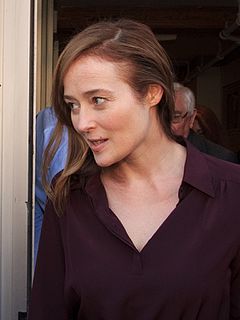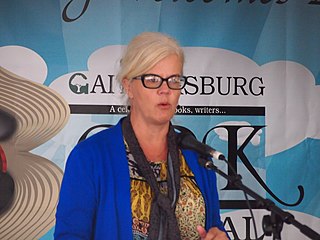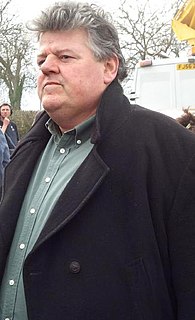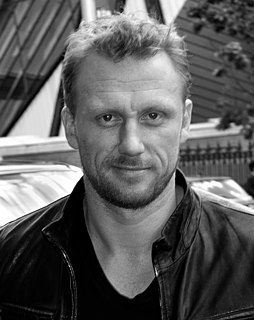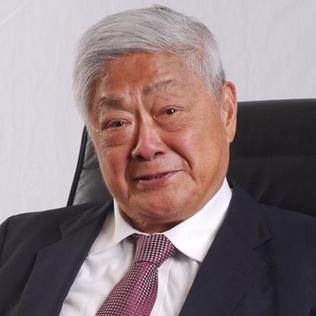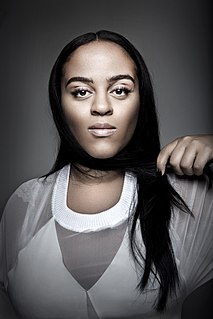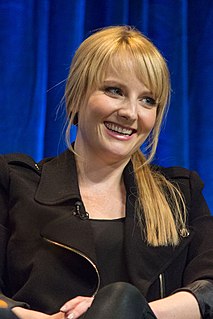A Quote by Adam Rayner
My mother is American. I first went to school in America, and we came back when I was about six to rural Norfolk. In primary school, I was teased immediately and mercilessly. I probably dropped that accent within about 10 days.
Related Quotes
If you think about portraying Americans, for example, in a Russian film, it all depends on where the American is from, if they went to school or not, and if they're well-educated or not. Is it an American from Texas, or an American from Brooklyn? Things would change with the vocabulary and the accent.
I live in L.A. so I worry my kids aren't that connected to Britain, I suppose I don't want them to become American kids. We try to get back three or four times a year. When they go to school they speak with a British-American accent but when they come home to us they go back to their British accent.
I live in LA so I worry my kids aren't that connected to Britain, I suppose I don't want them to become American kids. We try to get back three or four times a year. When they go to school they speak with a British-American accent but when they come home to us they go back to their British accent, so I can deal with that.
I actually happened to be in Haiti right before the earthquake in 2010. I was there already with the organization I work with now, Artists for Peace and Justice, visiting the primary school that I had adopted, the Academy for Peace and Justice in Port-au-Prince. I came back, and within days, the earthquake happened.

